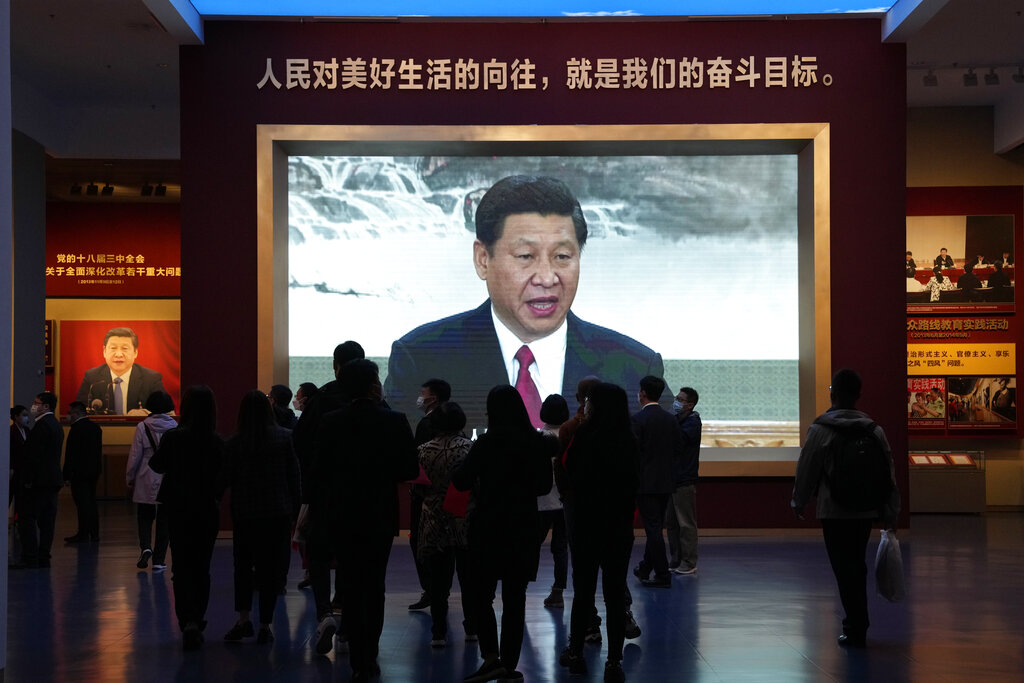
Since the start of the year, the performance of Chinese stocks – the world's second-largest economy and the largest component in emerging market indices – has weighed on the entire asset class.
As of the end of May, the Morningstar China index lost 7.4% which partly explains why the Morningstar EM index, despite a gain of 1.52%, underperformed the Morningstar Global Markets index by 7.4%. India also underperformed but ended in the green (+1.1%).
Conversely, South Korea and Taiwan outperformed more noticeably, with gains of 13.9% and 17.9% respectively.
In the case of the two Asian countries, much of this outperformance is due to the weight of the technology sector and in particular semiconductors, the two countries being home to two of the largest chipmakers in the world – Samsung Electronics (005930) (“Narrow Moat”, 25.6% of the domestic index) and Taiwan Semiconductor Manufacturing Co. (TSM) (“Wide Moat”, 27.5% of the index).
China's noticeable underperformance is not new, but it now seems to be amplified due to the apparent faltering of the post-policy zero COVID rebound and tensions with the United States over Taiwan and China’s President Xi Jinping's growing stranglehold. Xi is concentrating outsized power and seems to have prioritized international relations over the economy.
Investors hoped at the end of last year that with the end of strict lockdown measures and the "zero-COVID" policy, Chinese consumers and businesses would contribute to faster GDP growth in line with its medium-term target (around 5% per annum).
After a rather encouraging first quarter, the latest leading indicators seem to indicate that China is slowing down. The PMI manufacturing index sank into the contraction zone at 48.8 in May (49.2 in April) and although the non-manufacturing index is more solid (54.5 in May), it too deteriorated (56.4 in April).
China Tech Stock Crackdown Left Scars
Also worrying investors is the attitude of the Chinese government towards the private sector and international companies established in China. The technology sector was brought to its heel in 2021 with the “common prosperity” policy, which has left visibly indelible traces and the country does not seem to be doing anything to erase them.
In a commentary dated May 31, economists at Japanese bank Nomura observe: "We expect the manufacturing PMI to remain in the contraction zone in June, due to strong headwinds from a structural pullback from real estate, a global slowdown in production and heightened geopolitical tensions. Amid slowing income growth, rising unemployment pressures, widespread wage cuts and lower expectations for future income and wealth, demand for care services is also expected to slow in the coming months. Worsening growth momentum may require policy responses from Beijing, while [the central government] may be more cautious this time around due to limited policy space and its prioritization of national security over to economic growth.”
If you’re strictly looking at stocks, however, Chinese equities aren’t without their benefits.
China Stocks Still Cheaper
According to consensus data compiled by JPMorgan, the Chinese market's P/E is currently 9.8x versus a 15-year historical average of 11.2x. Analysts expect the country's corporate profits to grow 16% this year and 15% next year.
Emerging markets are trading on an earnings multiple of 11.7x (versus a historical average of 11.4x) with earnings growth forecasts of -3% and +17% this and next year.
"The problem is a lack of confidence, which has limited the potential for a broader recovery," wrote strategists at JPMorgan Bank in a note dated May 30. “Our economists do not anticipate any new measures to support the economy by the end of the year,” they add.
It is likely that until the economic and political situation in China is more reassuring for Chinese consumers and businesses, as well as international companies, the asset class will lack the support it badly lacks to outperform again in the near future.







:quality(80)/cloudfront-us-east-1.images.arcpublishing.com/morningstar/AVKZOWTZHFDZRKB6Z4QFMQA5TA.jpg)












